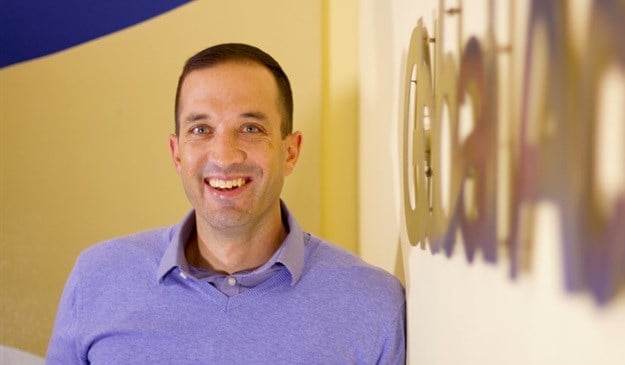If you consider that employee engagement was the number one challenge listed in Deloitte's Global Human Capital Trends 2015 survey of more than 3,300 organisations from 106 countries, there's no doubt as to the importance of getting internal communications right.

Brad Wilson
Research shows that in most companies, engagement is low. According to the Gallup polling firm, only 13% of the global workforce is 'highly engaged'; upwards of half the workforce would not recommend their employer to their peers.
This is especially true of mid- to large-sized companies and multinationals that have to simultaneously communicate the same message to employees in multiple offices, or different messages to different internal audiences at different times. And that's not to mention demonstrative communications, like product training, that bring with them their own challenges.
The good news is, effective internal communication is not only limited to the one-dimensional intranet, mundane workshops, labour-intensive e-newsletters, lacklustre noticeboards, video conferencing and overflowing inboxes. Today there are dynamic platforms available that not only help to convey your messaging in a vibrant, exciting way but that also engage your staff at the same time. And the best part is, they're much more cost-effective than many of these outdates technologies too.
Different options
Top of the list is private broadcasting. In South Africa, that involves broadcasting on a private Dstv channel. Consider this scenario: you have a new but complex product you need to launch and want an interactive, novel way to communicate this information across your company and its 30 Southern African branches and three international offices.
Email is not a viable option, as the intricacies of the new product will be lost (and you have no guarantee your very busy staff will actually read the email) and a roadshow is out of the question, as your executive committee cannot take three weeks out the office to visit all the branches (plus you don't have budget for accommodation, travel and food).
Video conferencing would be great, but you don't own the necessary equipment, which is costly to purchase. You also want staff to be able to interact with your company's leadership team, ask relevant questions, and feel as though they are part of this exciting development.
By using the existing TV sets in your offices, and with the simple addition of a Dstv decoder and your unique smartcard, Global Access can essentially control the viewership on your behalf, allowing your selection of viewers, access to a private broadcast service, which provides a solution to all of these challenges.
Tailored to suit needs
The private broadcasting format can be tailored to suit your employees' content needs: it can be a live magazine show, a talk show, a panel discussion or even a documentary, all made available in a private and secure manner, via satellite, to your offices. And to ensure that all-important staff engagement, employees can communicate directly with those on the TV screen via SMS, fax, email, social media and live phone calls.
In this way, product launches and financial results are now extended to all staff and not just a select few; sales teams can be engaged and motivated on a daily basis; and subject matter experts can now train thousands of employees in one live broadcast session, all thanks to this real-time platform. The continuous use of TV broadcasting also ensures transparency, and that your management's voice remains trustworthy and credible.
Over the past 20 years of providing corporate South Africa with media solutions for internal communications, we as Global Access have seen that if information is conveyed correctly, it can vastly affect employee morale. This often causes a ripple effect through the improvement of employee retention and lower staff turnover, workplace productivity, and even increased share prices.
The importance of sound, clear, concise internal communication cannot be underestimated. When it comes to large organisations, private broadcasting is hands down, the most effective, cost-efficient and reliably consistent communications solution for strategic internal communications available in South Africa today.
















































